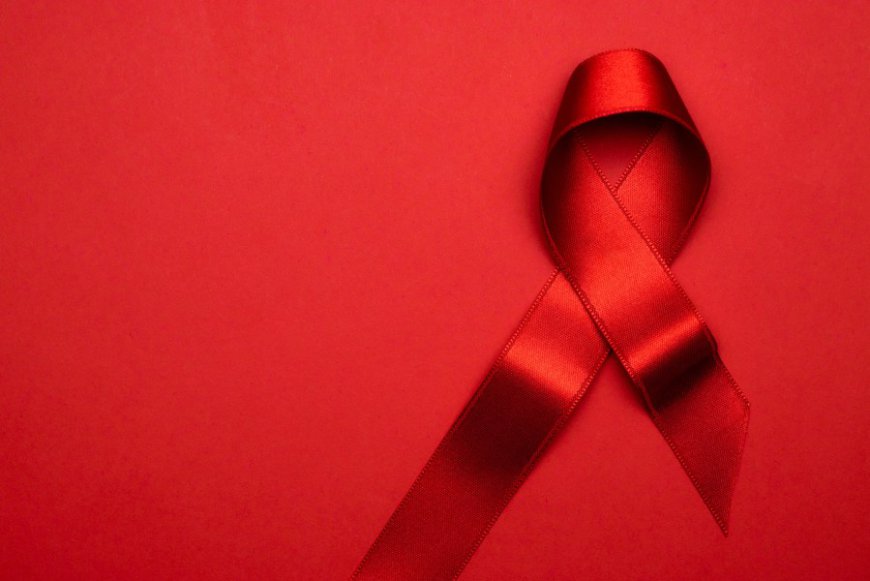We can't win the fight to end HIV if we cut funding and access to medication
Unfortunately, the Trump administration and the Republican majorities in Congress are putting access to lifesaving innovations at risk.

The fight to end HIV in our lifetimes just received a game-changing innovation.
In June, the FDA approved Yeztugo (lenacapavir), a groundbreaking HIV prevention treatment that requires just two injections per year — and scored 99 percent effectiveness in trials. This monumental scientific breakthrough is poised to transform the lives of people who have found it hard to keep up with daily oral pre-exposure prophylaxis, providing an option that fits better into their everyday lives.
But as exciting as this development is, it could be undermined by the Trump administration’s proposal to cut nearly $1 billion from federal HIV prevention programs. Innovations like lenacapavir could be a key tool to ending the epidemic, but only if we have the resources and policy to deliver it directly to those who need them most.
Although lenacapavir’s efficacy is groundbreaking, access remains another story. With a price tag hovering around $28,000 a year, this medication risks being out of reach for the very communities who need it most. We’re still waiting to see how programs managed by Gilead Sciences, which developed the treatments, and the broader insurance markets will step up. And it’s not just the cost of the drug itself. It's the labs, the provider visits, the follow-ups — each one a potential roadblock for someone trying to stay safe.
Federal leadership is essential to ensuring this new HIV prevention tool reaches the communities who need it most. This includes updating clinical guidelines, funding support services and supporting the infrastructure that makes access possible.
Unfortunately, the Trump administration and the Republican majorities in Congress are putting access to lifesaving innovations at risk. The administration’s attacks on HIV prevention, including its proposals to eliminate the Centers for Disease Control and Prevention’s HIV budget and efforts to dismantle public health systems, threaten progress. The Republican budget reconciliation bill that President Trump signed over the July 4 weekend includes deep cuts to Medicaid — the largest payer for HIV care in the U.S. Without strong federal investment and coordination, expanding access to new tools and ending the HIV epidemic is at serious risk.
Despite the real strides we have made in HIV prevention, those of us in the lesbian, gay, and transgender community — especially non-white Southerners in rural areas or navigating poverty — know that not every prevention strategy reaches us, works for us, or is built with us in mind. Our realities demand options that reflect the full truth of who we are and how we live.
Lenacapavir offers real, powerful hope, but let’s be clear: Science alone won’t save us. What will make the difference is equitable and intentional policies that center our communities and a public health infrastructure that doesn't leave us behind.
These numbers don’t shift on their own. Yes, we have made progress over time. But the hard truth is that Black Americans still account for 43 percent of all new HIV diagnoses in the U.S., despite being just 13 percent of the population. The data is even more stark for Black transgender women: 44 percent are living with HIV, and their lifetime risk remains unacceptably high.
And we cannot ignore the geography of this epidemic. The South accounts for 52 percent of all new HIV diagnoses in the U.S. That’s not a coincidence — it is the result of systemic failures: limited access to healthcare, persistent stigma, lack of comprehensive sex education and the absence of strong non-discrimination protections. These barriers don’t just prevent care — they trap people in cycles where prevention tools are out of reach.
Among gay and bisexual Black men, the risk of contracting HIV is still 50 percent over a lifetime. Prevention tools like pre-exposure prophylaxis and lenacapavir hold promise, but they only matter if people can actually access them, without fear, shame or coercion. Ending this epidemic means creating environments where people are safe to make informed choices about their own health.
The fight to end the HIV epidemic is not just about what happens in labs — it’s about how we make these innovations real for our communities. Science is doing its part. Now is the time to urge Congress to reject any cuts to CDC HIV prevention efforts and to fully fund the HIV response. We have the tools to end this epidemic, but not if we dismantle the very systems our communities rely on to survive.
The promise of lenacapavir, and the hope it represents, is too great to let fall through the cracks of policy neglect. The question is, will we make the choice to ensure that this breakthrough reaches all of us? Science has given us the tools. Now, we must ensure that everyone has the opportunity to use them.
Matthew Rose is a senior public policy advocate at the Human Rights Campaign.
What's Your Reaction?






















